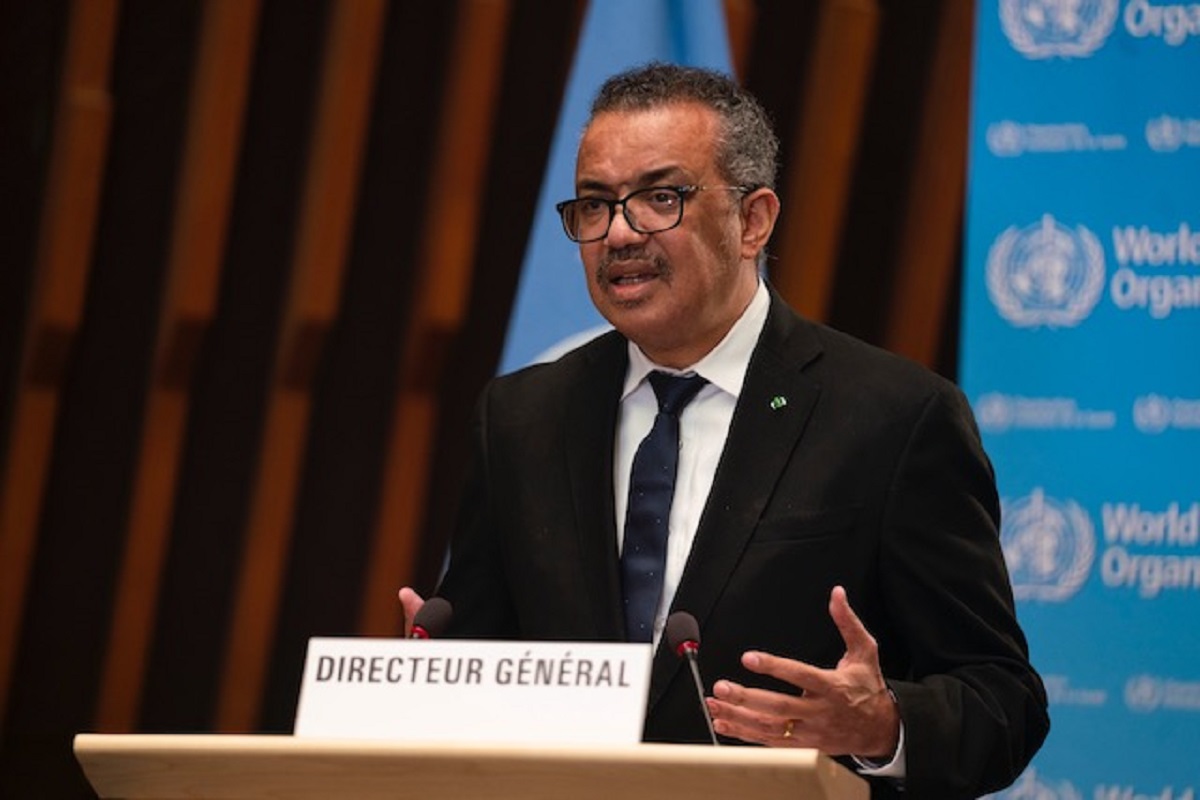World Health Organization (WHO) has issued a stark warning that nearly one billion people worldwide are living with mental health conditions, urging governments to take urgent and decisive action ahead of a critical United Nations meeting later this month.
WHO Director-General Dr. Tedros Ghebreyesus raised the alarm ahead of the High-Level Meeting on Noncommunicable Diseases (NCDs) and Mental Health, scheduled for September 25 during the UN General Assembly in New York. He said that failure to act would not only cost millions of lives but also place unsustainable pressure on already fragile economies.
“Non-communicable diseases account for seven of the world’s top 10 causes of death. In addition, almost one billion people face mental health conditions,” Dr. Ghebreyesus said. “Countries that act decisively to beat NCDs will save millions of lives, protect families, cut health costs, and unlock economic growth.”
The WHO chief highlighted the devastating human toll of mental illness, pointing out that suicide is now the third leading cause of death among young people globally.
Among those aged 15 to 29, it ranks fourth, with 73% of cases occurring in low- and middle-income countries. In Nigeria alone, the suicide mortality rate was recorded at 3.5 per 100,000 people in January 2024, an estimated 15,000 deaths annually.Nigerian beauty
Beyond the loss of life, Dr. Ghebreyesus warned that the global burden of NCDs and mental health challenges carries enormous economic and social consequences. “Apart from cutting lives short and robbing families of their loved ones, these deaths also incur huge costs for health systems and economies,” he said.
To tackle the crisis, WHO member states have been negotiating a political declaration over the past year, which is expected to be finalised at the upcoming UNGA session.
The draft includes a series of ambitious global health targets to be achieved by 2030: reducing tobacco use by 150 million people, expanding mental health care access for another 150 million, and ensuring 150 million people achieve control of hypertension.
Dr. Ghebreyesus stressed that investing in prevention is not only a moral obligation but also an economic necessity. “Investing in NCD prevention is not a cost. It’s one of the smartest economic decisions any government can make.
But often, governments face fierce opposition from industries that profit from unhealthy products,” he said, calling for bold leadership to overcome political and commercial resistance.
The September 25 meeting is expected to deliver a strong political declaration that will shape global cooperation on noncommunicable diseases and mental health for the next decade, with experts warning that inaction could accelerate the collapse of health systems and deepen inequalities.
![]()






























































